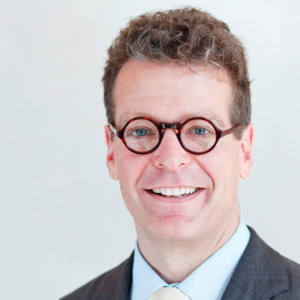Insuring a Better Future: Sustainability at Swiss Re
Swiss Re, one of the world’s largest reinsurers, has taken the task of adapting to the risks of climate change into its core business.
Topics
Leading Sustainable Organizations
As the financial and personal impacts from climate change grow, the financial and insurance industries have been taking note. For some companies, that means advocating strategies to help business and society build their capacity to adapt to the effects — and reduce the causes — of climate change.
Swiss Re identified climate change as an emerging risk more than 20 years ago, long before most financial and insurance companies — or most businesses in general. A vocal advocate of mitigation strategies, climate change is now a significant component of the company’s long-term risk management strategy.
Partly because of that, they top the list of the world’s most sustainable companies in the industry, according to RobecoSAM, one of the world’s leading corporate sustainability benchmarks — ahead of more than 120 competitors in the Dow Jones Sustainability Indexes review.
A leader in the economics of climate change adaptation, Swiss Re has engaged in public-private partnerships to research and foster dialogue that can help shape the global climate agenda. MIT Sloan Management Review’s Nina Kruschwitz spoke with David Bresch, head of sustainability at Swiss Re, about his company’s efforts to address the complex problem of climate change risk.
Swiss Re has been leading the industry for many years now in terms of sustainability, climate change, and risk. What accounts for that?
Sustainability is about having a long-term perspective. The essence of reinsuring is taking a long-term perspective on business, and helping our clients to exercise this long-term perspective. It’s part of our mission in enabling sustainable progress.
As a company, we are also fortunate in that about half of our employees have at least a master’s degree in a wide variety of disciplines, from anthropology to philosophy to natural science and psychology — and some business background, too. You find that diversity at all levels of the company and especially at the top ranks. The current CEO is a mathematician; the current chief underwriting officer a physicist.
That diversity is a real strength. Top management here would never shy away from a complex issue such as climate change and say “Make it simple” or “I won’t believe in it until it’s exemplified.” We have always had an ability to conduct a central dialogue in risk that helps us take the time we need to talk about and think through very complex matters.

